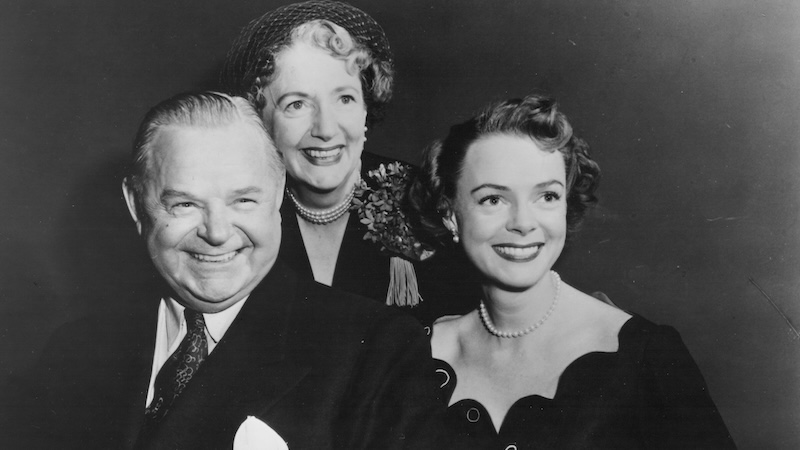Is Nostalgia a Mental Illness or Health Tonic?
Ah, fond memories...

I hear a song from my youth and am unexpectedly transported to junior prom; to the giddy bliss of dancing cheek-to-cheek with my first “true love.” Pass a dilapidated diner in my hometown and I recall its days as a bustling greasy spoon. I think of those fall visits with Dad for shakes and burgers after baseball games. Close my eyes and I feel his eyes sparkling; his voice boisterous with praise for that diving catch I made in centerfield.
Nostalgia. Most of us know the feeling well and find its frequency increases with age – and, if you’re like me, are somewhat conflicted about its indulgence: because isn’t longing for and reminiscing about the past a means of evading or, at minimum, expressing a quiet discontent for the present?
According to psychologists, it’s a common presentiment, and it’s based on a mistaken clinical understanding. The term nostalgia, after all, was coined by a Swiss physician in the late-17th century in an attempt to standardize treatment for what he considered to be a cerebral disease plaguing Swiss soldiers fighting in foreign lands.
In fact, most mental health professionals “viewed nostalgia as a medical disease or mental illness until the latter part of the 20th century,” says Carol Manning, director of the University of Virginia Memory & Aging Care Clinic. But research in the 1990s and 2000s proved quite the opposite. As it turns out, nostalgia “does not harm people; it benefits psychological health and well-being.”
HOW IS NOSTALGIA BENEFICIAL?
“Studies show that nostalgic experiences tend to be characterized as positive, and this feature of nostalgia appears to translate into actual mood,” says Clay Routledge, a leading nostalgia researcher and professor of psychology at the University of North Dakota. “In other words, thinking about cherished life experiences from the past makes people feel good in the present.”
The feelings, in turn, bring a slew of benefits. Experiments have shown correlations between lab-induced nostalgia and increases in self-esteem and positive self-regard, as well as perceived social connectedness and meaning in life. Other recent studies indicate nostalgia helps reduce stress and leaves people feeling more inspired, energized and optimistic about the future.
The findings have led Routledge and others to hypothesize the emotion evolved as a self-protective response to aging and loneliness.
“Nostalgic experiences are highly social in nature,” says Routledge. “They almost universally result in a sense of feeling closer to others.” Given nostalgia is typically preceded by a clinically measurable sense of ‘loneliness,’ many psychologists have come to believe “these experiences are, in effect, our brain’s way of reminding us that we’re loved and valued by close others.”
Eric J. Wallace is a career journalist whose writing has appeared in more than 40 media outlets.


